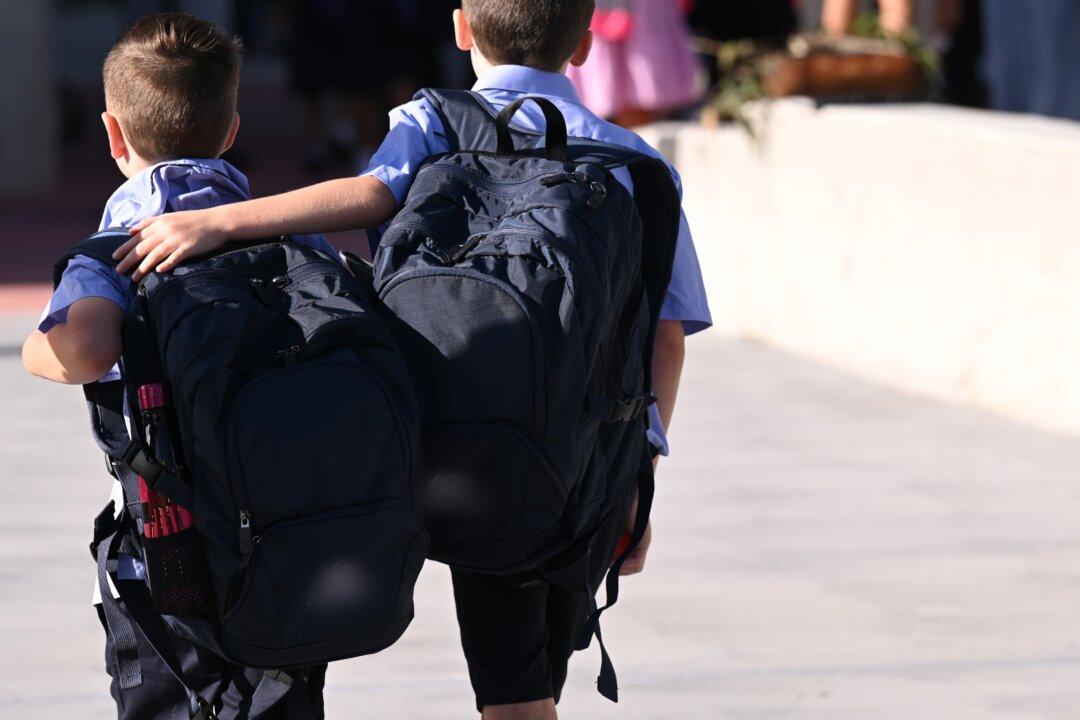Education Minister Jason Clare has vowed to close the funding gap between public and private schools, saying that students from poor families are “three times more likely to fall behind.”
The comment came in light of a comprehensive independent panel’s review released on Dec. 11, which is set to affect policy making in the next five years.




